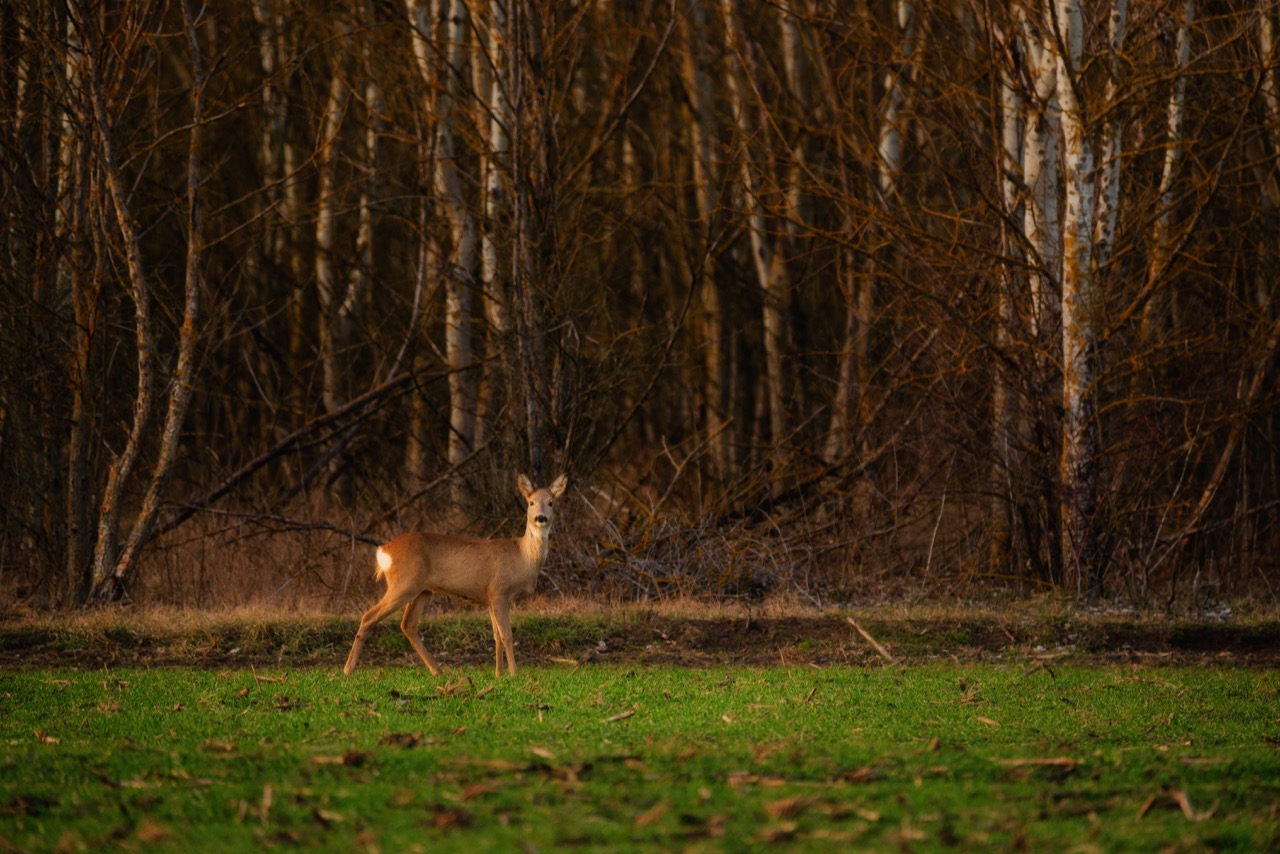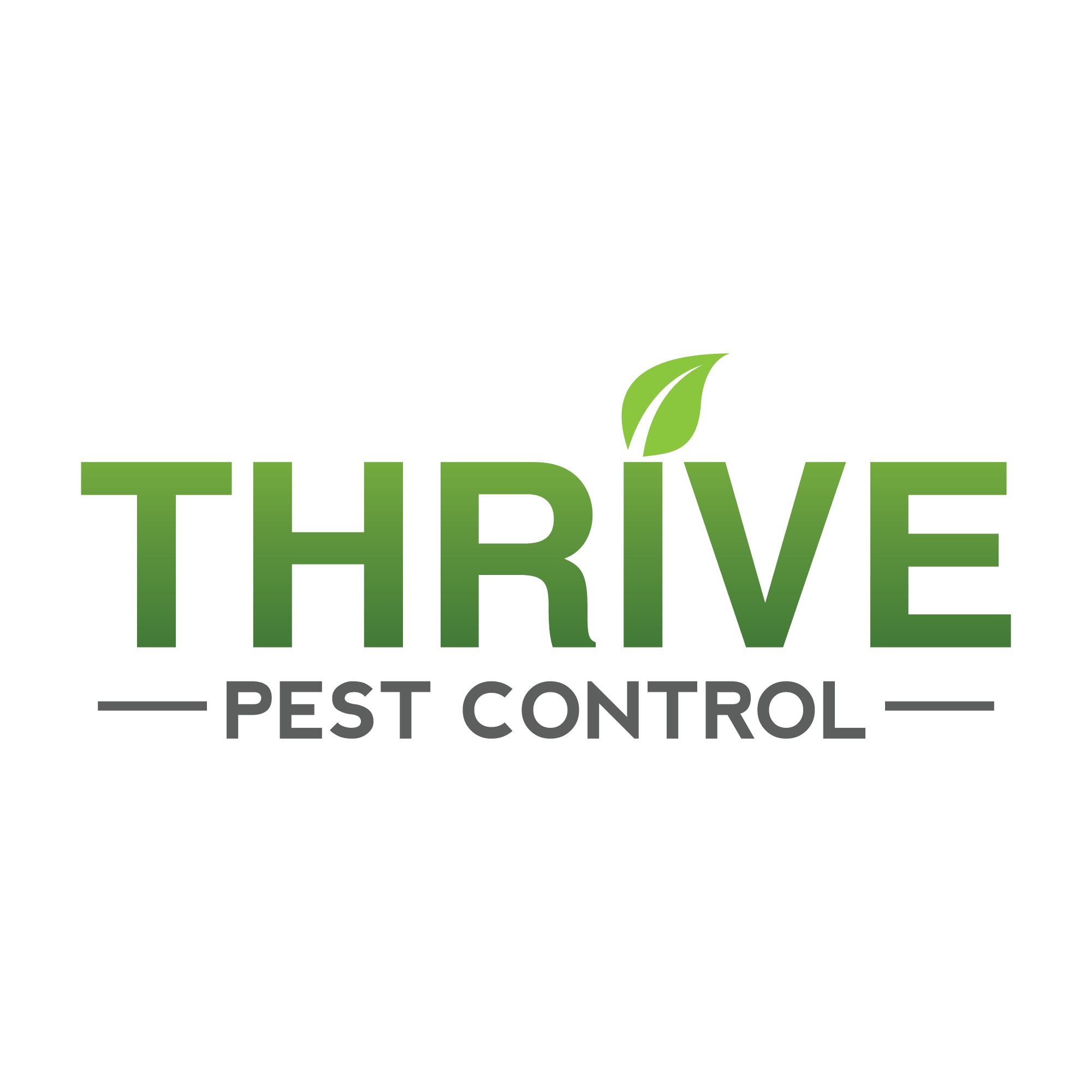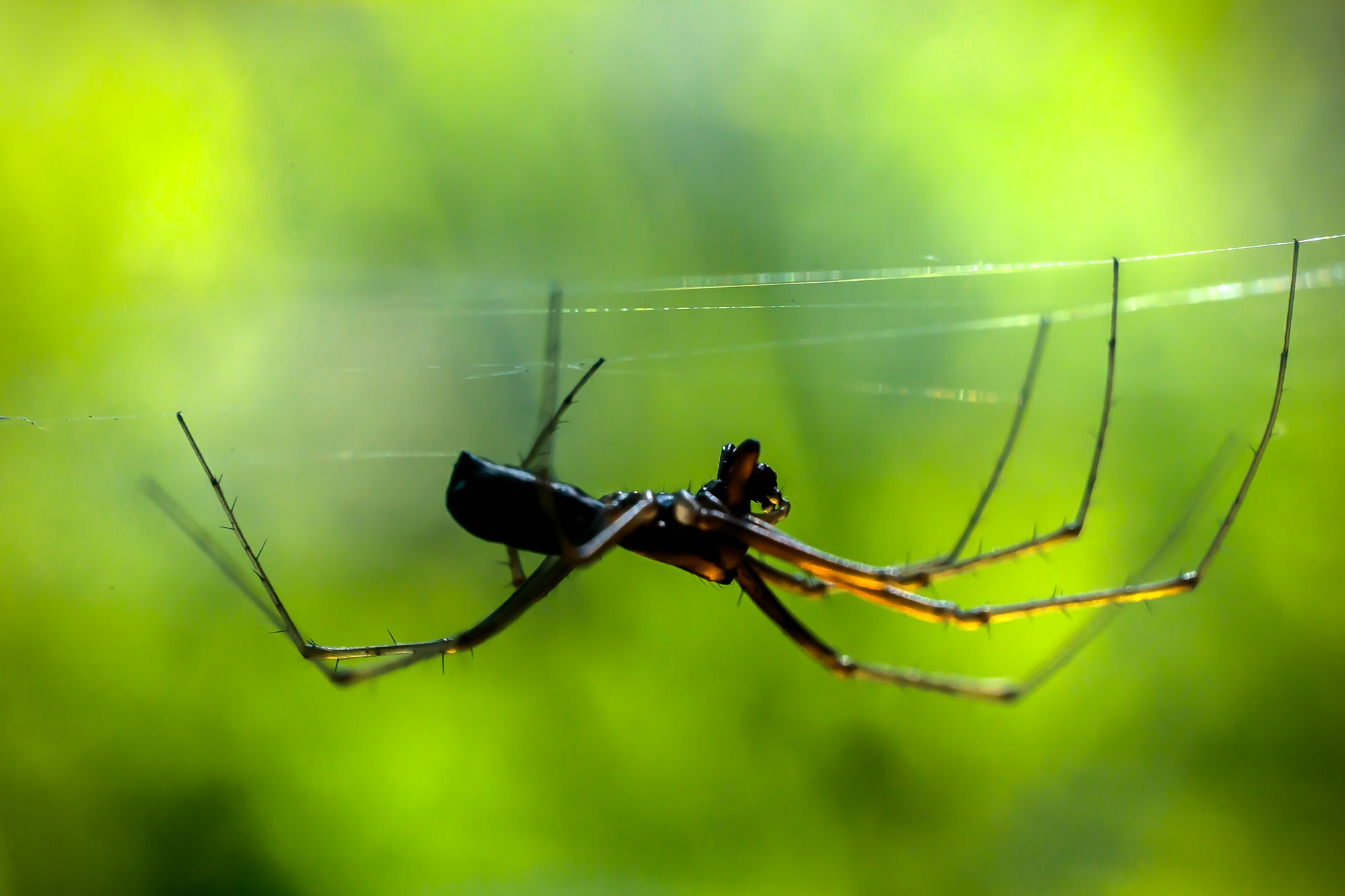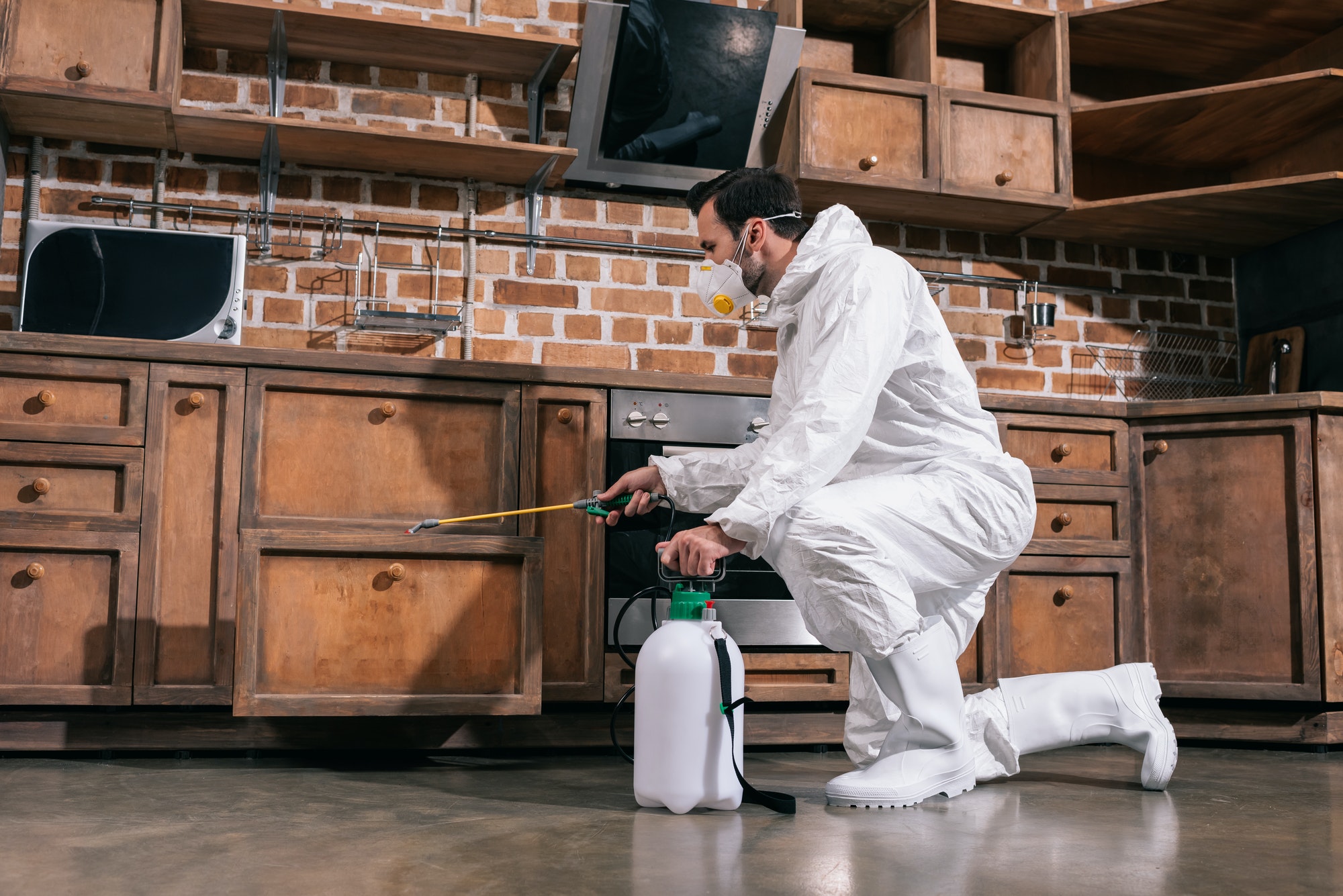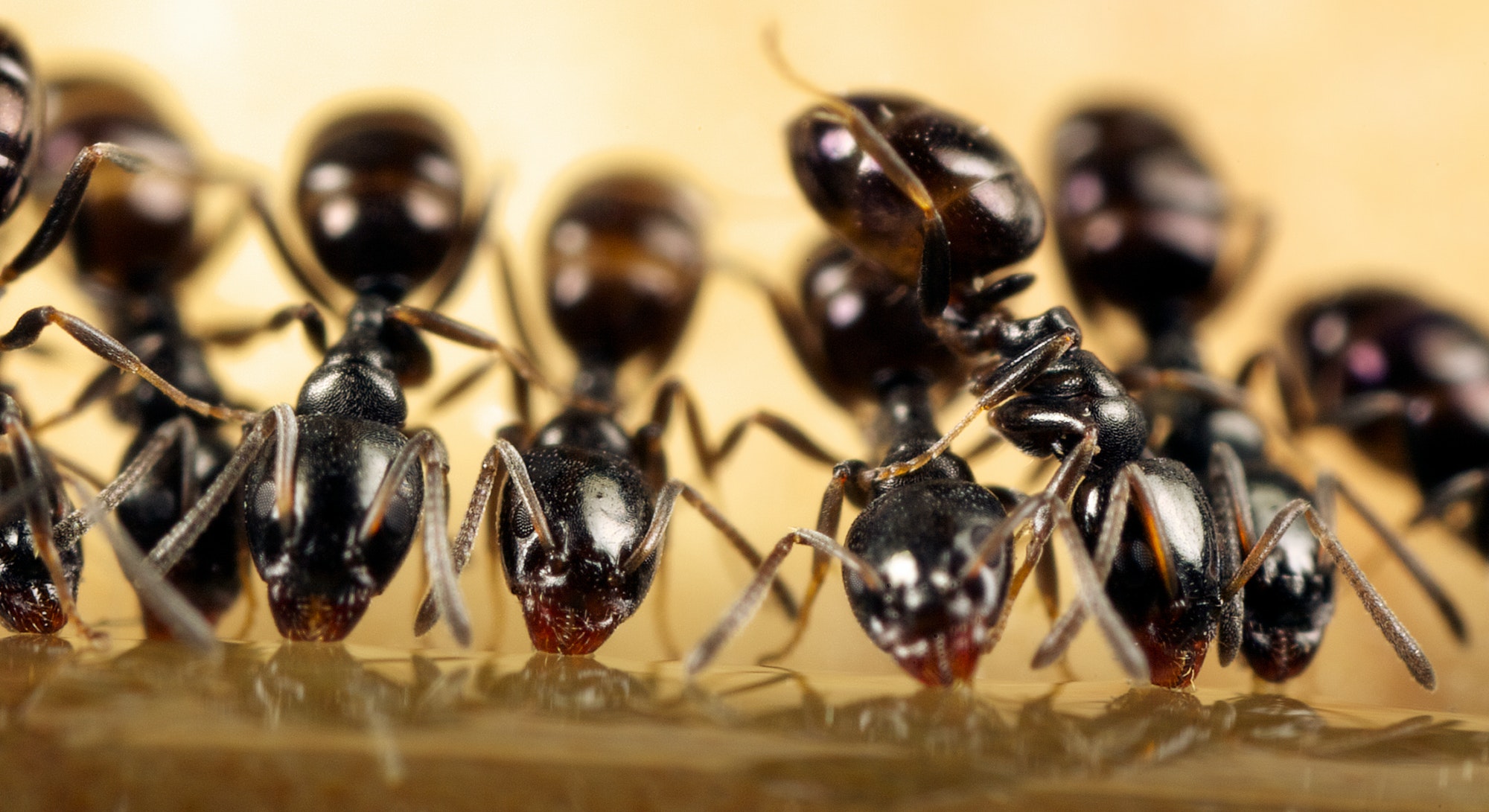How To Keep Deer From Eating Your Flowers
When it comes to growing that perfect flower garden, there are many obstacles that can get in the way. One of which is deer digging into your flowers like it’s a buffet of sweet treats. Deer can wreak havoc on a flower bed, completely ruining your chances of ever having the beautiful plants your heart desires. From commercial deer repellants to natural home remedies, there are a few things that can be done to help prevent deer from chowing down on your hard work.
There are many products in the line of deer repellants, such as commercially produced sprays and automatic motion activated deterrents. But according to an article by the National Gardening Association, there are some natural ways that could help prevent deer from consuming your garden.
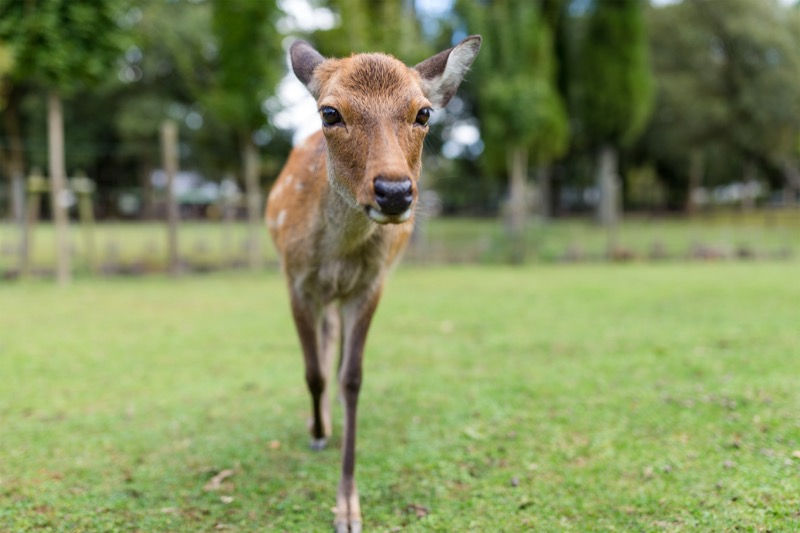
Based on the article deer tend to stay away from poisonous plants and plants with a pungent flavor, as well as fuzzy or hairy plants. There has also been success using other items such as human and dog hair, hot peppers, and predator urine among other things.
Though these may be an effective solution, the most reliable source of deer deterrent is the use of fencing (National Gardening Association, n.d.).
It is important to know what you’re looking for and understand that there are the different things to look for. When it comes to deer, a 3-foot-tall picket fence isn’t even an obstacle. Fencing comes in many forms, but when choosing a material to suit your needs, there are a few things to remember that may help. According to an article written by Dr. Jean Lightner in 2012, deer have been known to jump fences over 8 feet tall at times. In most cases though, a fence that is 6 feet tall can be enough to keep deer from entering unwanted areas.
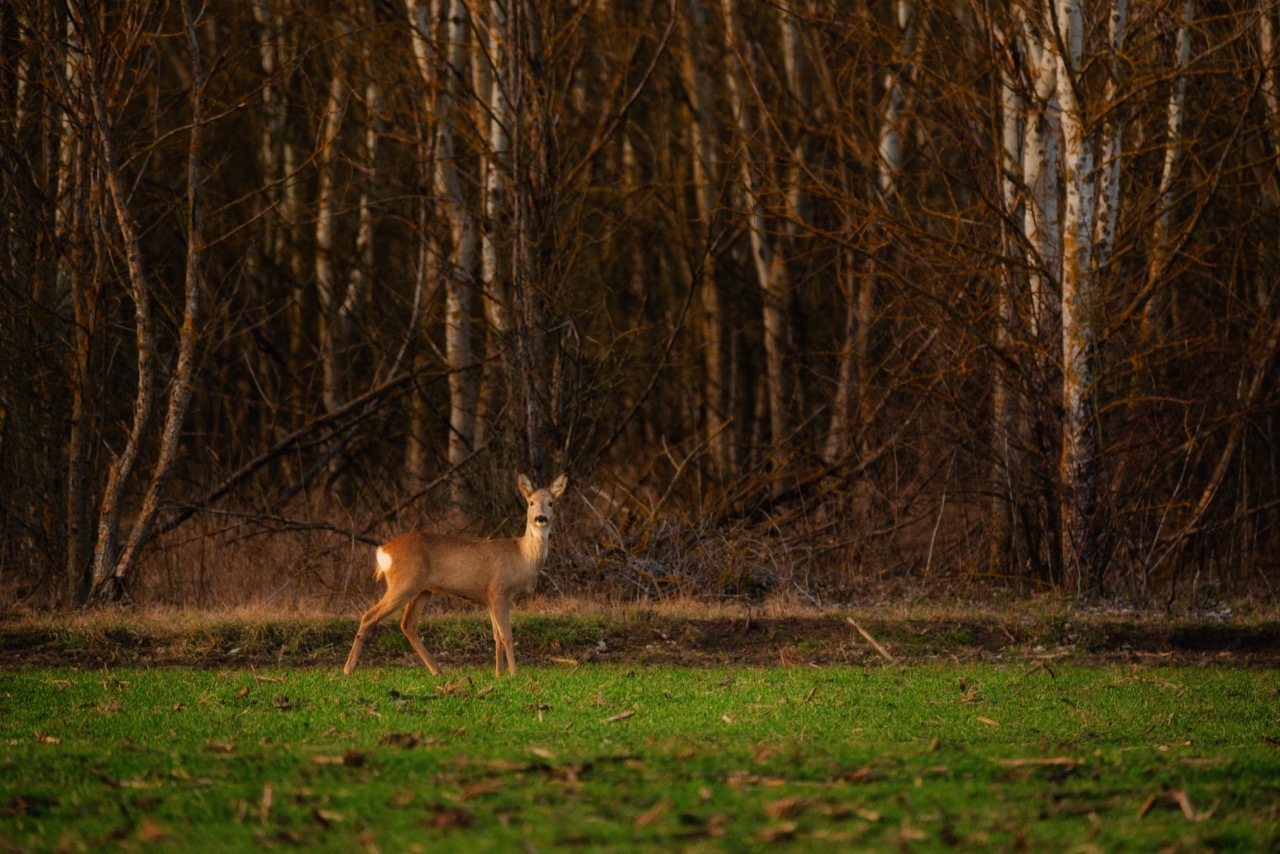
Furthermore, there are different types of mesh fencing that have been known to turn deer away due to the deer having a hard time figuring out where the fence stops (Dr. Jean Lightner, 2012). The best way to decide which fence to install is to do your research and decide what is best for you and your situation. There are many different sizes, styles and materials of fencing which may help prevent deer from destroying your beloved garden.
The best way to keep your property protected from unwanted animals is to do your research and seek help from a professional in the pest control field when deciding what best suits your needs. Deer can be a major pest for many people, but there are many solutions to the problem.
Understanding the impact that a certain chemical or material has on different plants may help decide what route to take in order to deter animals. You wouldn’t want to kill your hard work by exposing it to something that is harmful to the plant you are trying to protect.
And in turn you wouldn’t want to harm an animal by exposing it to a something that may be dangerous to them. Whether it’s going with a commercial deer repellant, a home remedy, or constructing a barrier, it is important to base your solution off your needs.
Author: Brian Shelley
Western Governors University
Works Cited
- Lightner, D. (2012, January 01). White-Tailed Deer-All-American Athletes. Retrieved October 27, 2020, from https://answersingenesis.org/mammals/white-tailed-deer-all-american-athletes
- National Gardening Association Editors. (n.d.). Pest Control Library: Deer. Retrieved October 27, 2020, from https://garden.org/learn/articles/view/1823
